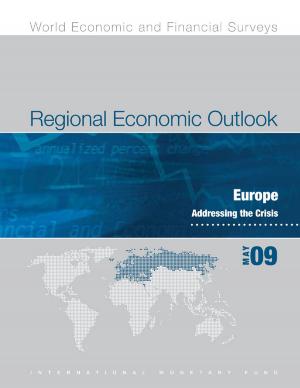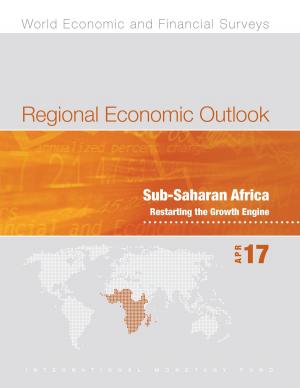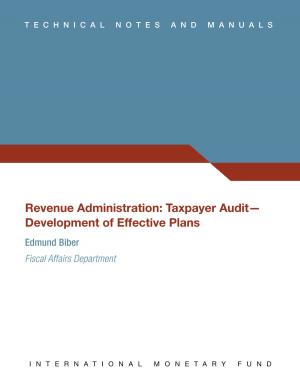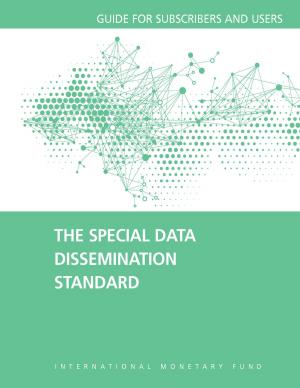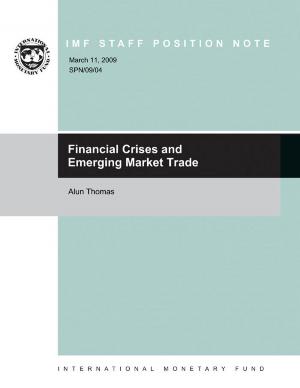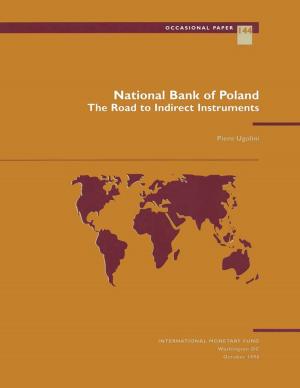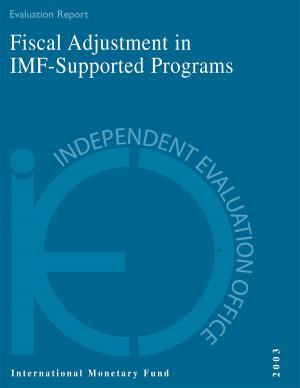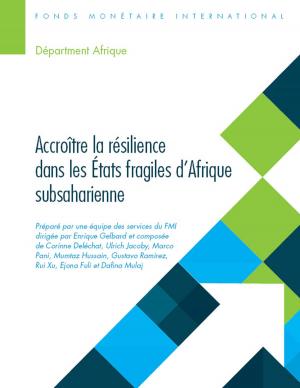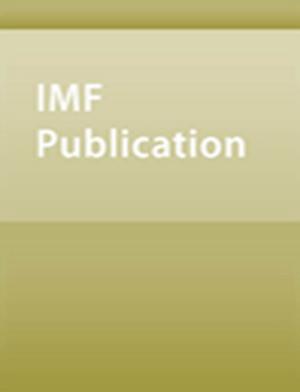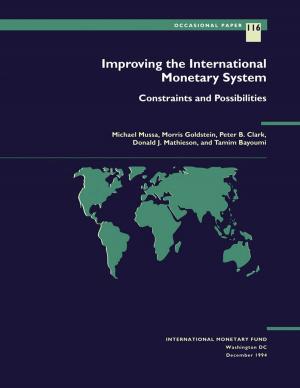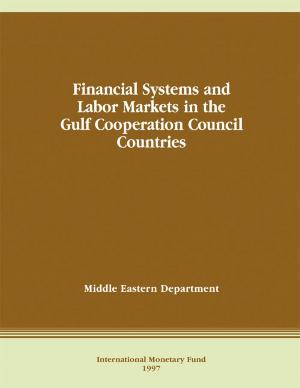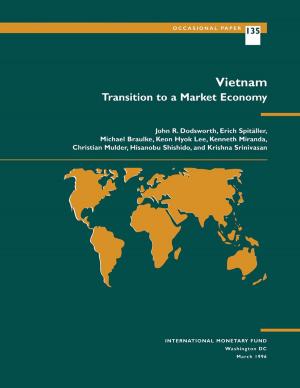Regional Economic Outlook: Middle East and Central Asia, October 2009
Business & Finance, Economics, International Economics, Macroeconomics, Nonfiction, Social & Cultural Studies, Political Science, Politics, Economic Policy| Author: | International Monetary Fund. Middle East and Central Asia Dept. | ISBN: | 9781452708966 |
| Publisher: | INTERNATIONAL MONETARY FUND | Publication: | October 2, 2009 |
| Imprint: | INTERNATIONAL MONETARY FUND | Language: | English |
| Author: | International Monetary Fund. Middle East and Central Asia Dept. |
| ISBN: | 9781452708966 |
| Publisher: | INTERNATIONAL MONETARY FUND |
| Publication: | October 2, 2009 |
| Imprint: | INTERNATIONAL MONETARY FUND |
| Language: | English |
The global economic crisis has taken a toll on the Middle East and Central Asia region, but appropriate policy responses have helped mitigate the impact. Looking ahead, the region's oil exporters are expected to benefit from rising oil prices as the world economy begins to pull out of an unparalleled post-World War II recession. Oil importers, however, are likely to continue to face continued headwinds that may delay an uptake in growth. Where feasible, countries should continue to support domestic demand to lessen the impact of the crisis on the poor while maintaining a focus on debt sustainability. For the region's low-income countries, higher donor support will be needed to maintain economic development. Across the region, governments should further strengthen financial systems and be careful not to lose momentum on structural reforms. Published biannually in May and October.
The global economic crisis has taken a toll on the Middle East and Central Asia region, but appropriate policy responses have helped mitigate the impact. Looking ahead, the region's oil exporters are expected to benefit from rising oil prices as the world economy begins to pull out of an unparalleled post-World War II recession. Oil importers, however, are likely to continue to face continued headwinds that may delay an uptake in growth. Where feasible, countries should continue to support domestic demand to lessen the impact of the crisis on the poor while maintaining a focus on debt sustainability. For the region's low-income countries, higher donor support will be needed to maintain economic development. Across the region, governments should further strengthen financial systems and be careful not to lose momentum on structural reforms. Published biannually in May and October.

